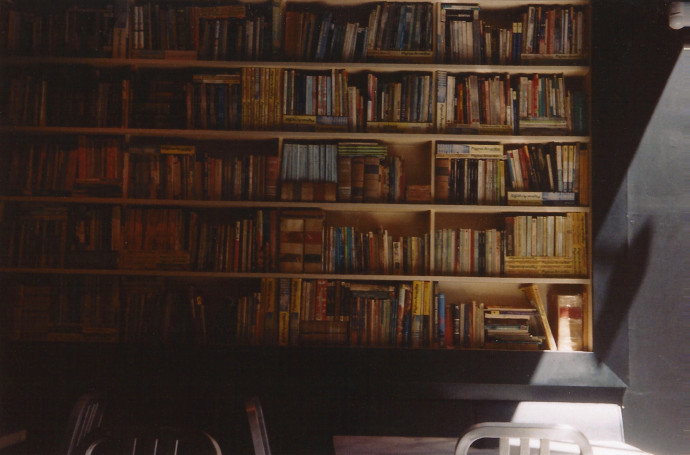 If you’re ready to start building your investment portfolio, one of the first ways you might think to do this is by buying a piece of property that you then rent out to tenants. While this can be a great investment opportunity for many people, it’s really only going to be beneficial to you if you go about it in the right way and under the right conditions.
If you’re ready to start building your investment portfolio, one of the first ways you might think to do this is by buying a piece of property that you then rent out to tenants. While this can be a great investment opportunity for many people, it’s really only going to be beneficial to you if you go about it in the right way and under the right conditions.
So to help ensure that your choice to start purchasing additional properties isn’t a bad financial move for you, here are three tips for buying your first investment property.
Prepare For A Larger Down Payment
For those who are already owners of their own home, you might have been able to get away with a smaller down payment than the traditional 20 percent. Especially if you were a first-time homebuyer or were buying under other conditions, you might have been able to put five percent, three percent, or even zero down on your home.
However, with an investment property, this small amount isn’t really an option when it comes to a down payment. According to DC Fawcett, a contributor to Forbes.com, mortgage insurance isn’t an option if you’re purchasing an investment property. Because of this, you’ve got to have at least 20 percent ready to put down on the property before you’ll be able to go forward with a loan for the rest of the cost of the property. In some situations, this can take quite a long time to come up with, so make sure you’re ready with this big chunk of change.
Start With A Single-Family Home
Once you’ve decided that you want to get an investment property, the next thing you need to determine is what kind of property you should buy. While you might be tempted to get something that gives you multiple streams of revenue all for one purchase, like a small apartment complex or duplex, this might not be the best choice for your first investment property.
Rather, Kathy Fettke, a contributor to Fit Small Business, recommends that you start with a single-family home first. By going this route, you’ll be able to get your feet wet as a property investor and manager with just one tenant as opposed to multiple tenants across multiple units.
Don’t Go With A Fixer Upper
To get the most for your money when buying an investment property, you might be considering going with a fixer-upper, putting some money into it, and then making a lot of money quickly with both the value of the property and the amount you’ll be able to charge in rent.
While this option is good in theory, it doesn’t often turn out to be the case with first-time property investors. According to Tim Parker, a contributor to Investopedia.com, if you don’t have experience renovating properties and don’t have a contractor you’ve used before and trust, getting a fixer-upper could be a huge gamble that has a good chance of not paying off for you. So instead of going this route, try to find a property that’s either move-in ready or only needs minor repairs.
If you’re thinking about buying your first investment property, consider using the tips mentioned above to help you make the right choices from the beginning.


